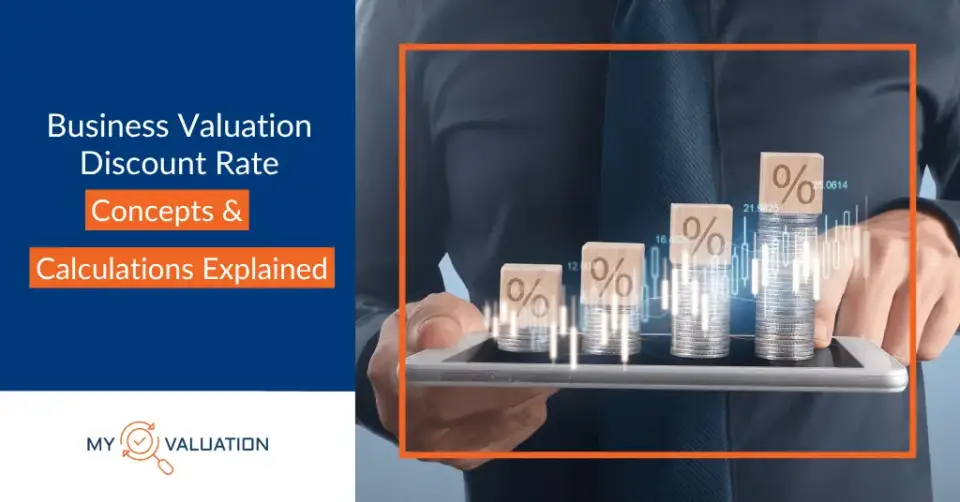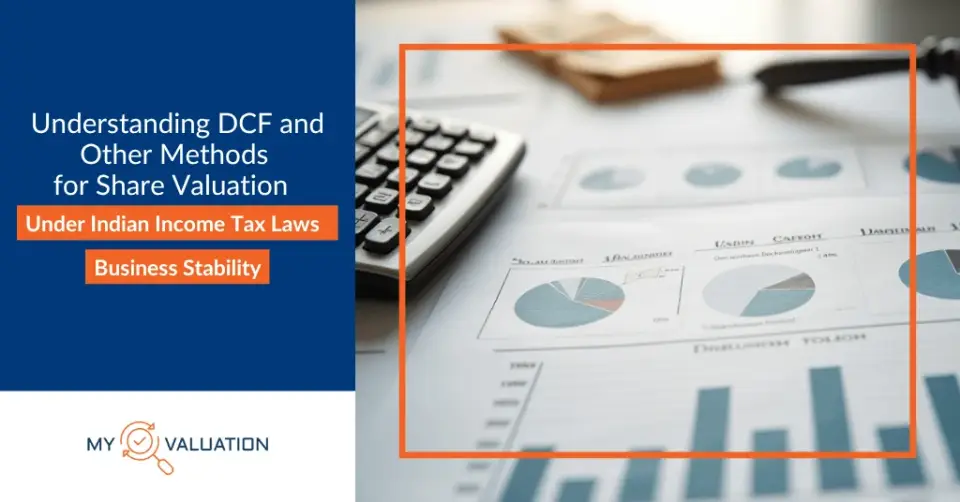Startup Valuation Methods: A Detailed Guide
Valuation is an important aspect of every company, just like it is in any other firm. It is especially crucial when companies are looking for initial capital and need to determine the true market worth of their products.
What is Startup Valuation?
Startup valuation is the process of assessing the worth of a company at a specific stage while taking into consideration a variety of influencing variables and comparisons. These elements might be related to their previous and current performance, traction, alliances, future plans, and so on. The valuation of a company changes as it performs, develops further and gets more cash.
The procedure is also important for investors, who need to know what proportion of shares they will receive in exchange for their investment.
Why is it Critical to Evaluate the Value of a Startup?
Valuation is important for any business since it determines how much equity an entrepreneur must provide to an investor in return for the necessary money. This means that if a company’s valuation is higher, it must provide a smaller quantity of stock or shares to an investor in exchange for seed investment. Startup valuation is not only important for entrepreneurs, it is also important for investors since it allows them to estimate the amount of return they will receive on their investment.
What are Startup Valuation Methods?
Although performing a pre-revenue business valuation on your own may appear tough, you may benefit from the experience and advice of other entrepreneurs, angel investors, and venture capitalists. Furthermore, by being acquainted with the most typical startup valuation methodologies, you will be able to not only examine a business with no income but also negotiate a better deal with pre-revenue investors.
Things to Keep in Mind When Choosing a Startup Valuation Method:
Knowledge of existing firms in an industry and geographical region, as well as what they are valued at, is critical in determining the worth of a company in the same sector and geography, which is why various startup valuation methodologies incorporate this.
A business owner should not limit himself to a single strategy. Because no single approach is employed all of the time, business owners will want to employ many ways. A startup’s average valuation may also be determined using a variety of approaches.
Finding this average valuation is critical because none of the startup valuation methods are scientifically or mathematically reliable, instead relying on guesses and intuition.
Startup Valuation Methods:
Here are ten of the most popular startup valuation methodologies for calculating prospective earnings:
Berkus Method:
The Berkus Method was developed to discover values for pre-revenue companies, or firms that are not yet selling their goods at scale. The concept is to assign monetary values to five important success measures seen in early-stage enterprises.
The following table is the up-to-date Berkus method:-
| If Exists: | Add To Company Value (up to): |
| Sound Idea (basic value) | $1/2 million |
| Prototype (reducing technology risk) | $1/2 million |
| Quality Management Team (reducing execution risk) | $1/2 million |
| Strategic relationships (reducing market risk) | $1/2 million |
| Product Rollout or Sales (reducing production risk) | $1/2 million |
Comparable Transactions Method:
The comparable transactions technique assigns a value to a firm by evaluating how many startups similar to yours have been purchased in previous years and using this information as a precedent. You may identify a suitable value range by looking at comparable deals.
Scorecard Valuation Method:
Another alternative for pre-revenue enterprises is the Scorecard Method. It also compares your firm to companies that have already received funding, but with additional criteria.
This startup valuation method assesses a startup’s success. Using this scoring method, each point of comparison is assigned a score or percentage, which allows the total valuation of the startups.
The following is the scorecard method:
1. Strength of the Management Team (0-30%)
2. Size of the Opportunity (0-25%)
3. Product/Technology (0-15%)
4. Competitive Environment (0-10%)
5. Marketing/Sales Channels/Partnerships (0-10%)
6. Need for Additional Investment (0-5%)
7. Other (0-5%)
Finally, each category is assigned a comparative percentage that might be less than or more than 100 percent. For example, you may give your eCommerce team a 150 percent rating since it is complete, well-trained, and includes skilled developers and marketers, some from competing companies. To obtain a factor of .45, multiply 30% by 150 percent.
Cost-to-Duplicate Approach Method:
This method entails examining a firm’s hard assets and calculating how much it would cost to duplicate the identical new business elsewhere. The notion is that an investor would not invest more than the cost of replicating the firm. To use this approach to assess the worth of a startup, sum up the fair market value of the company’s tangible assets. Costs for patents, product development, and research may be included.
Risk Factor Summation Method:
The risk factor summation approach calculates the likelihood of success for your business. It employs a list of 12 criteria that might influence ranking, such as competition risk. You begin with an average value and then deduct or add based on the number of hazards in each area.
Let us now look at the 12 risk factor associated with the startup and its sector. These are the risk factors:
- Risk of the Management
- Stage of the business
- Political risk
- Supply chain or manufacturing risk
- Sales and marketing risk
- Capital raising risk
- Competition risk
- Risk of Technology
- Risk of Litigation
- International risk
- Risk of Reputation
- Exit Value risk
Discounted Cash Flow Method:
The Discounted Cash Flow (DCF) Method may also be used to appraise a business. To apply this strategy, you may need to collaborate closely with a market analyst or an investor. This approach of valuing may be appropriate for a newly founded startup firm. This approach can produce a forecast for the potential of the firm since it calculates what the startup could make using an estimate of the investment return rate.
Venture Capital Method:
The Venture Capital Method, as the name implies, is based on the investor’s point of view. It also represents the thinking of investors who want to exit a firm after a few years.
You will use two formulae to arrive at your valuation:
- Anticipated Return on Investment (ROI) = Terminal Value ÷ Post-Money Valuation
- Post-Money Valuation = Terminal Value ÷ Anticipated ROI
Book Value Method:
It refers to the company’s net worth, i.e. the tangible assets of the box, the “hard pieces.” It does not take into account any sort of growth or revenue and is typically used when a startup is going out of business.
First Chicago Method:
This strategy takes into account the chances of a startup succeeding or failing. This Method addresses this issue by valuing three scenarios: the worst-case scenario (small box), the usual case scenario (normal box), and the best-case scenario (large box or big box).
Future Valuation Multiple Method:
This valuation approach employs an estimate of the return on investment that investors might expect over time. For example, you may evaluate the startup’s worth based on growth over the next 15 or 20 years and present an estimate of what investors can anticipate earning after that period. These estimations might include growth or revenue forecasts.
Valuation by Multiples Method:
The profits of a startup firm are used to help build value in the valuation by multiples technique. Investors can assess the worth of a company based on its current profits before taxes, interest, depreciation, and amortization (EBITDA). An investor may estimate that the company is worth five times its entire EBITDA.
The Bottom Line:
To provide yourself with the highest worth for your pre-revenue firm, you must balance all of the elements that your startup must give. Before approaching individuals who may be interested in investing in your company, you, as the owner, must first learn how to evaluate it. Experimenting with various valuation procedures can enable you to demonstrate to investors that your firm has the potential to expand and is worth their money.
As all of the above pinpoints. We, My Valuation, are also an IBBI-registered firm of valuators that assist start-ups in obtaining accurate business assessments and building a stable foundation for future initiatives.
Contact us now; we can help you with accurate and dedicated startup valuation services.
Visit our site to learn more about our valuation services: https://myvaluation.in/




